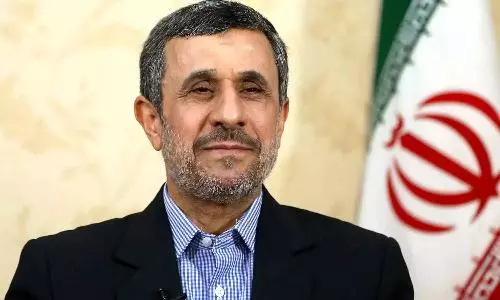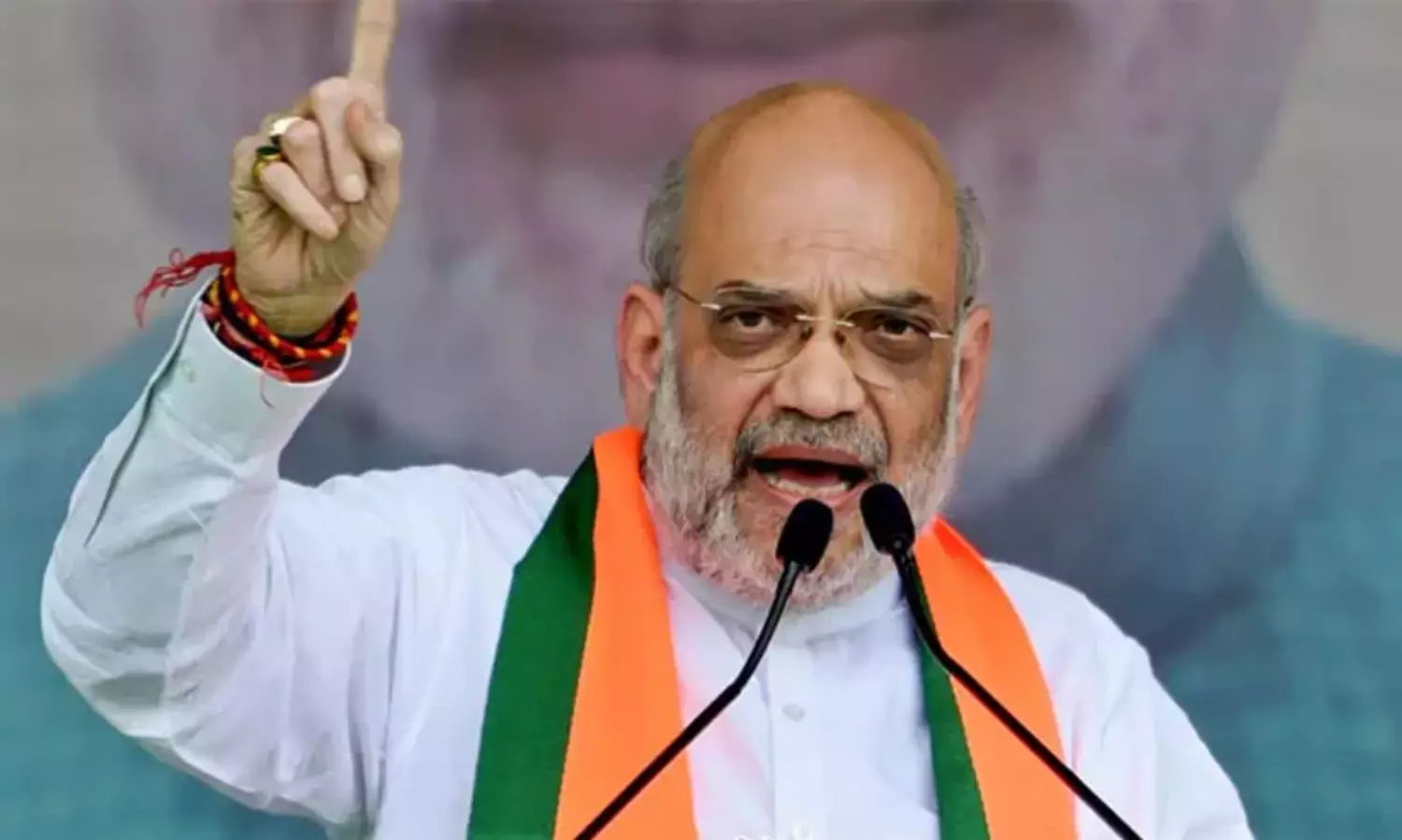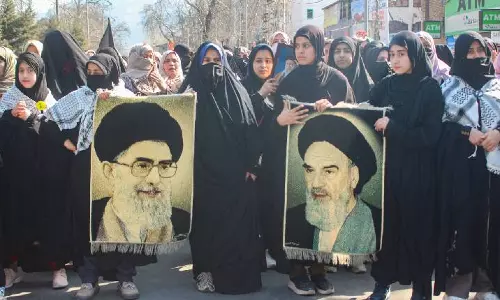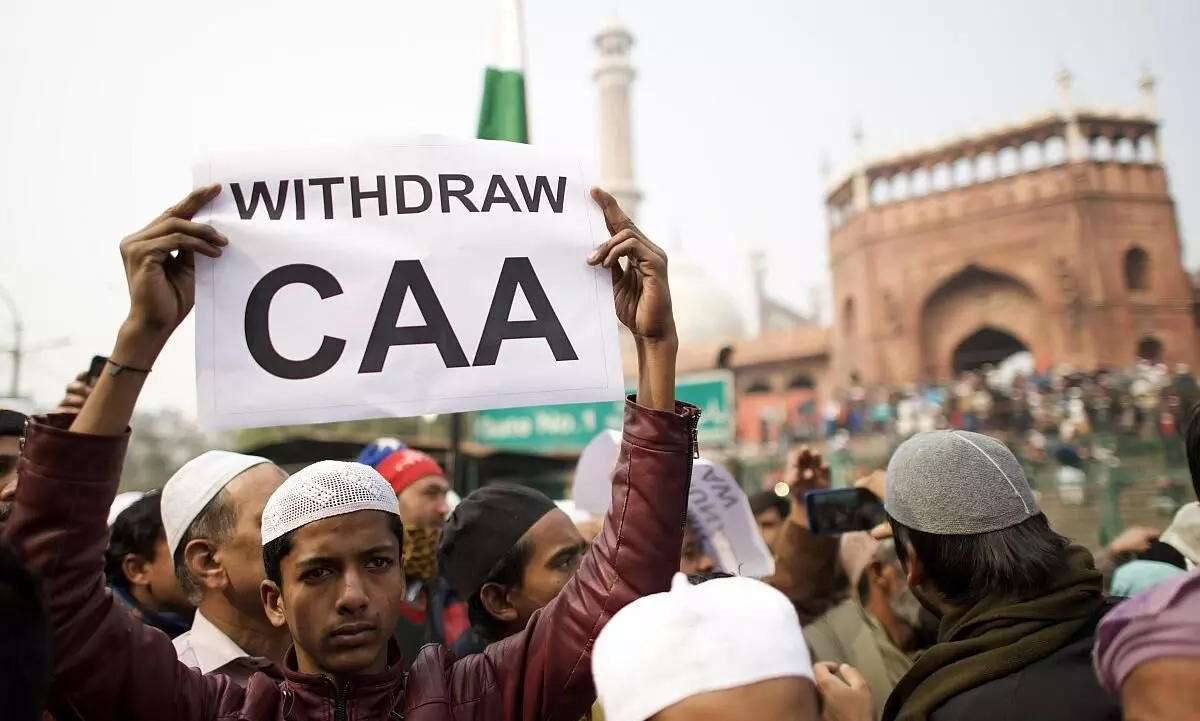
The ultimate goal of the Citizenship Amendment Act
text_fieldsThe widespread protest, flaring up again since the Centre’s notification of rules of the CAA on Tuesday, has nothing unusual about it. The CAA amendment, passed by the Indian Parliament in December 2019 and signed by the President, ratified the right to citizenship to six groups of Hindus, Sikhs, Christians, Jains, Buddhists and Parsis who sought asylum in India fleeing religious persecution in Afghanistan, Pakistan and Bangladesh before December 31, 2014. No one may be in doubt as to why the Modi government has chosen the most opportune moment in the run-up to the Lok Sabha polls to announce implementation of the Citizenship Amendment Act it has cobbled up five years ago.
It is no coincidence that the Amendment Act is targeting only the narrow-minded in the majority community. Article 5 of the Indian Constitution guarantees citizenship to those born within Indian territory and to their children, and also to those who have settled in India for five years. Parliament also framed rules as to how to implement this Act. The reason why the Modi government felt it important to have a sweeping amendment to the Act is evident in a sentence in the bill passed in both Houses in December 2019. It is nothing but stubbornness in not recognising as citizens Muslims, the people whom their ideologue Madhava Sadasiva Golwalkar counted as number one enemy in his Bunch of Thoughts. Incidents of Muslim refugees arriving in India from Afghanistan or Pakistan are extremely rare. However, following the 1971 Bangladesh war, hundreds of thousands of Hindus and Muslims sought refuge in India from East Pakistan which later became Bangladesh. A lot of them returned to their homeland after the war. The remaining ones settled in West Bengal and Assam—thanks to the benevolence of the secular government. Student organizations AASU and Asom Gana Parishad whipped up bloody agitations demanding the expulsion of 20 lakh refuges living in Assam. The killing of eight thousand people of the minority community in Nellie massacre is an unforgettable tragedy. The agitation eventually came to an end following the agreement _ Assam Accord - signed with Prime Minister Rajiv Gandhi. The Hindutva government that came to power in 2009 decided to implement the Citizenship Amendment Act step by step targeting power in both Assam and West Bengal.
It would only be wise to perceive as quite natural the ultimate steps of the Modi government which is bent on rewriting the secular democratic constitution itself. Obviously, the saffron party’s target of getting 400 seats in the upcoming polls stems from this goal. The Sangh Parivar government has set out to go any lengths to create the Ram Rajya of their vision, as it has already stripped Jammu and Kashmir of its special status, withheld its statehood, whittled down federal powers of the states, led states to implementing a uniform civil code, and saffronised education. It is natural to be concerned about the future of the nation and the Constitution as all these facts are perspicuous as daylight and many who hitherto vociferously clamoured for secularism are vying to join saffron camp. It is understandable as to why secular parties in Kerala, where minorities make up 43 per cent of the population, are rejecting the Modi force as the polls are drawing near. However, the hide-and-seek game of their own national leadership does not augur well for the future of India as a whole. Let's not forget the fact that it was campus student communities, women's groups and youth outfits that previously led popular protests against the Citizenship Amendment Act and created the Shaheen Baghs. It is not a good sign that Kerala's LDF government has withdrawn only 63 of the 835 cases it had charged related to the protests, while still pretending to have been supportive of the protests. The Chief Minister's statement of letting the courts decide all those cases only weakens the resistance against racism. Alongside, it is curious to see the new movement of the Assamese is against the agenda of giving citizenship to 15 lakh Hindus through the amendment of the Citizenship Act. They perceive the Bengali-speaking Hindu refugees as a threat to Assam's ethnic identity. Whatever happens to the five lakh Muslim refugees, they have no concern. The lesson is the more intense the racism, the more acute the internal conflicts.
























